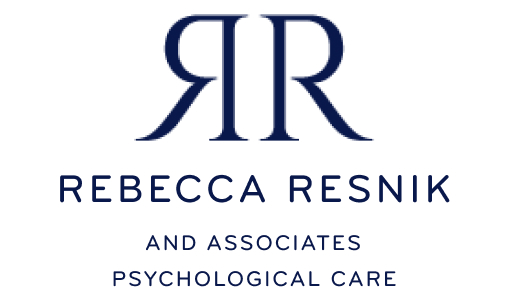Neuropsychological testing uses psychological tests and careful observation to create a systematic, evidence-based study of all the major areas of cognitive functioning (intellect, attention, information processing, memory, language, visual motor integration, learning, achievement, and behavioral functioning).
Neuropsychological assessment is not just “doing more tests.” What makes a neuropsychological assessment is the advanced training of the psychologist in neuropsychology. Unlike other testing sites, all testing in our practice is completed exclusively by our doctoral-level, licensed psychologists.
No students, trainees, or ‘techs’ will test you, or your child, in our practice. Each psychologist conducting neuropsychological testing has advanced training in neuropsychological assessment and engages in regular continuing education.
Test data are interpreted in light of current research findings about brain function. Neuropsychological test data are used to make diagnoses based on research about different profiles of cognitive strengths and weaknesses. This testing is designed to help you understand why there are obstacles and select effective interventions.
We believe that neuropsychological testing should be highly personalized care that leads to data-based recommendations to address you/your child’s support needs.
Neuropsychological testing is recommended for:
- Learning disability testing (dyslexia, dysgraphia, dyscalculia, visual processing difficulties, auditory/phonological processing difficulties)
- Autistic spectrum testing, including testing for Asperger’s Disorder (we offer ADOS testing)
- ADHD testing
- Evaluation of gifted individuals with learning difficulties (twice exceptional or ‘2e’)
- Intellectual Disability Testing
- Testing for individuals with Genetic and Chromosomal differences
- Medical conditions that can impact thinking, learning, and behavior (such as premature birth, pediatric stroke, mitochondrial disorders, neurofibromatosis, sickle cell, or exposure to toxins during pregnancy)
- Testing for anxiety and depression or mood regulation disorders
- Post-concussion and post Traumatic Brain Injury
- Children who were adopted after experiencing inadequate care or harmful conditions
Most importantly, psychological testing data are used to create an evidence-based action plan and recommendations. Recommendations are reviewed by Dr. Resnik, who also holds bachelor’s and master’s degrees in special education.
Accommodations
We have a wide variety of tests to accommodate all test-takers. We have tests that are language-free and motor-free. This means we can assess patients who do not communicate verbally or who have movement/coordination difficulties (our offices are fully ADA compliant). Our goal is for every individual to demonstrate his or her true abilities. We can also be flexible in scheduling lots of breaks or short sessions for test takers who become overstimulated easily or need to move to feel comfortable. Our testing office is sensory friendly and child friendly for your comfort.




